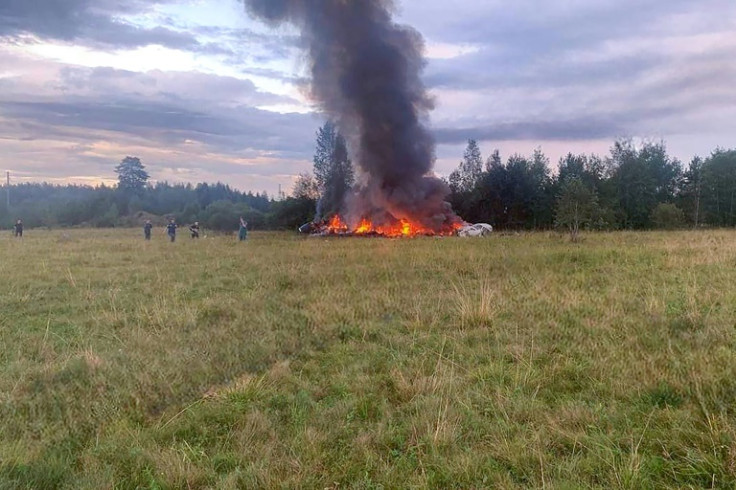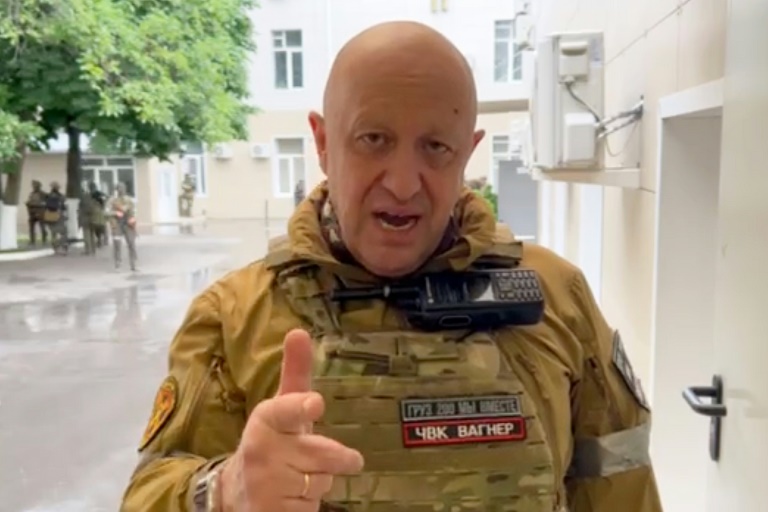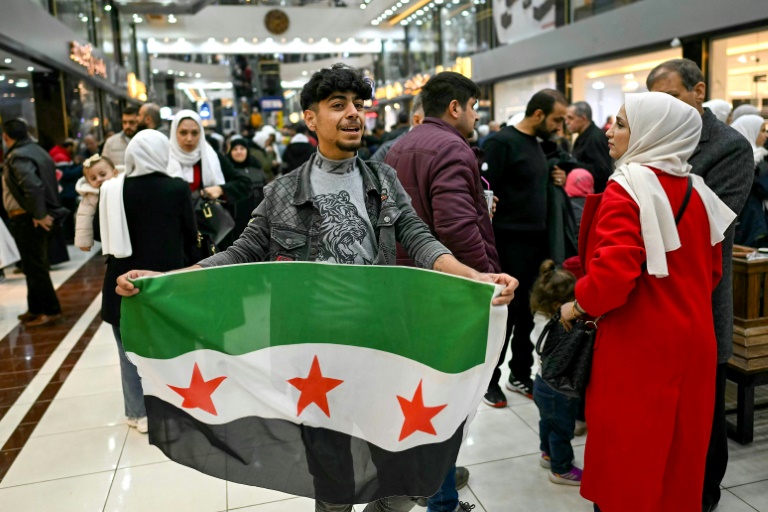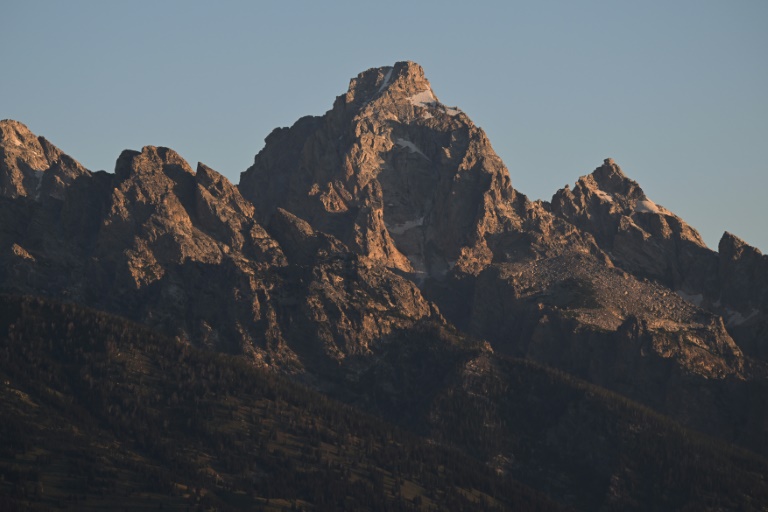AFP
The head of the Wagner group that in June attempted to topple Russia’s military leadership was on the passengers list of a plane that crashed Wednesday, Russian news agencies said.
Since the rebellion — seen as the biggest challenge to Russian President Vladimir Putin’s authority since he came to power — uncertainty has surrounded the fate of the Wagner group and of its controversial chief Yevgeny Prigozhin.
Russia’s ministry for emergency situation on Wednesday announced the crash of a private plane travelling between Moscow and Saint Petersburg.
“There were 10 people on board, including 3 crew members. According to preliminary information, all those on board died,” the ministry said.
Russian news agencies later reported Prigozhin on the list of passengers of the plane.
“The plane that crashed in the Tver Region listed Yevgeny Prigozhin among its passengers, (Russia’s aviation agency) Rosaviatsia said,” TASS news agency reported, with RIA Novosti and Interfax issuing similar reports.
Videos on Telegram channels linked to Wagner posted footage — that AFP could not independently confirm — showing the wreckage of the plane burning in a field.
In an official statement, Rosaviatsia said it set up a special commission to investigate the crash of the Embraer – 135 (???-135BJ).
The bodies of eight people have been found so far at the site of the crash, RIA Novosti said citing the emergency services.
Shortly after the news of the crash emerged, a White House official commented that Prigozhin’s death would be no surprise.
Putin was meanwhile giving a speech for the 80th anniversary of the Kursk battle in World War II.
He did not mention the crash and hailed “all our soldiers who are fighting bravely and resolutely” in the special military operation in Ukraine.
Ukrainian Presidential aide Mykhaylo Podolyak said on social media that the plane crash was “a signal from Putin to Russia’s elites ahead of the 2024 elections. ‘Beware! Disloyalty equals death’.”
During the offensive in Ukraine, launched on February 24, 2022, Prigozhin came out of the shadows.
He spearheaded the capture of several Ukrainian towns including Bakhmut — and harshly criticised Russia’s conventional military leadership.
Prigozhin was locked in a bitter months-long power struggle with the defence ministry that he accused of trying to “steal” Wagner’s victories.
Tensions degenerated into a short-lived rebellion on June 23 and 24.
Thousands of mercenaries took up weapons and marched from southern Russia towards Moscow with the aim of toppling the country’s military leaders.
The mutiny ended with a deal, mediated by Belarusian leader Alexander Lukashenko, under which Prigozhin was expected to move to neighbouring Belarus with some of his men.
Some of the fighters went to Belarus where they begun training the ex-Soviet country’s special forces.
But the fate of Prigozhin remained unclear: he seemed to enjoy a certain amount of freedom and took part in a meeting at the Kremlin where he refused to cede command of his mercenary group.
Still, he mostly remained out of the public eye.
His Telegram channel — where he usually communicated — has been inactive since the end of June.
Wagner-linked Telegram channels instead purportedly relayed rare messages.
On Monday, video circulated showing him apparently in Africa, which he vowed to make “freer”.
The group maintains a strong military presence in Africa, where it has partnered with several nations, including Mali and the Central African Republic.

AFP





![Who Killed Yevgeny Prigozhin? Wagner Group Boss Dead in Plane Crash Outside Moscow, Two Months after Failed Coup [WATCH]](https://data.ibtimes.sg/en/full/68266/yevgeny-prigozhin.jpg)

